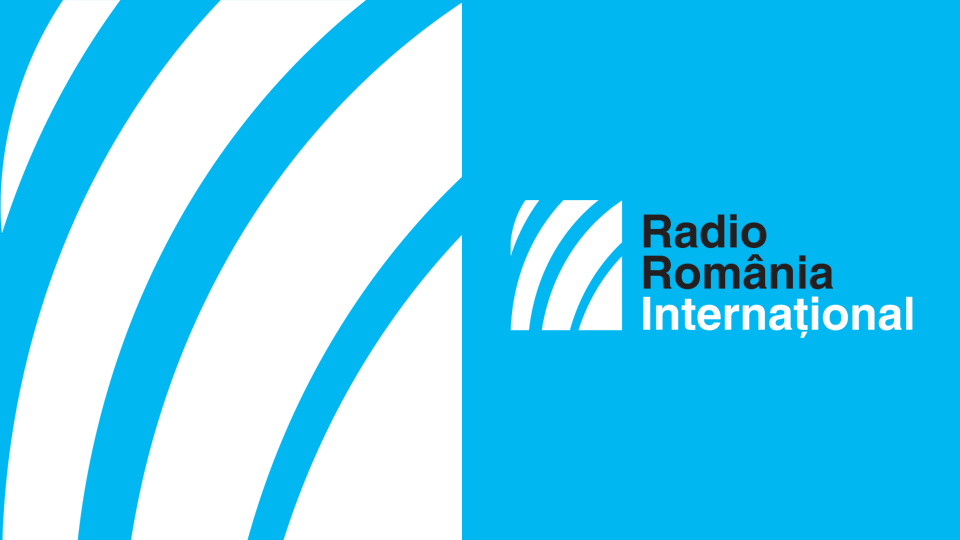Trade Unions in Communism
An overview of how trade unions worked under the communist regime.

România Internațional, 04.01.2016, 13:26
The Romanian communist party, with direct support from the Red Army, grabbed power in Romania across the board in the years immediately following WWII. One of the mechanisms it used was trade unions. Before the war, these were workers associations created in earnest. They tended to be left leaning, as they were all over Europe, but this didnt affect their true purpose.
After 1945 everything was about to change, including trade unions. Lenin called trade unions the ‘conveyor belt of the Communist party, sending decisions to the people. In other words, the unions translated the will of the party for people who were not politically engaged. Unions were rallied to the cause, and the party used them to control most material benefits that workers had. This was so pervasive that it became a source of jokes. One popular joke said that the Communist party member eats without paying, while the trade union member pays without eating. Vlad Nisipeanu was an apparatchik who held important positions in the union movement. In a 1999 interview recorded by the Oral History Center of Radio Romania he spoke about the relationship between the party and unions:
“At first, the party had few members, and if you were not a party member, you were a union member. You paid your dues, and you were given tasks from the party through the union. The head of the union was a member of the party, the party chairman for the city was in the Party City Office, the head of the factory party organization was in the management of the factory, everything tied in. It wasnt a job for just anybody. Some unions were allowed to give people a home provided by the party. Sometimes the party could not fire you, because sometimes unions could countermand such a decision. The unions sent you to professional training courses, granted you financial aid, or subsidized vacations. The unions helped people get promoted, get raises, they were a force to be reckoned with.
While it was compulsory to be a member of a trade union, this was a form of control of the work force, but that also meant a lot of money to go around, thanks to the dues. Here is Vlad Nisipeanu again:
“Trade unions had a lot of money, dues were 1 or 2% of the monthly salary, and the country had 6 or 7 million union members, so you see money was piling up! It didnt even get spent. Trade unions were wealthy. I had a good life with the unions, because I was not very politically engaged. I was in the union international section, and I was great. I was talking to Poles, Czechs and Bulgarians. I spoke Russian pretty well. I went to Moscow a few times, I went on delegations to Warsaw, to Czechoslovakia, in all the Soviet bloc countries. They sent me to Korea in 1963. You could also write in the press through unions, they had a newspaper called “Labor. The union movement was a force to be reckoned with, and it was used by the party as such.
Romanian unions also held congresses, and quite often they invited communist activists from Western countries. Vlad Nisipeanu recalls a young female activist from Chile:
“These congresses were attended by Westerners as well. I remember a journalist and union activist from Latin America, from Chile. She said that she could not say she was traveling to a communist country, so she asked for a visa for Spain or France, then she came here. It so happened that her name appeared in the newspaper the following day. I tried to cut it out of the copy, but there were pictures too. And then there was another problem. My folks, who waited for all the guests at the airport to take them to the hotel, did not see that her passport got stamped. What was she supposed to do? She was liable to get arrested for traveling to a communist country. When she left, I wanted to encourage her, because she was such a nice person. I told her that, after crossing the ocean, she should throw her passport in the toilet and pay the 5-dollar fine. That way she could get rid of the stamp attesting she had traveled to Romania.
Trade unions in the communist period worked the same way as society at large across Romania. Even though they had a lot of leverage to face the powers that be, they were obedient, and regular folks saw them as tools of the regime, as opposed to their role of associations supposed to protect the common good.
(Translated by C. Cotoiu)





























